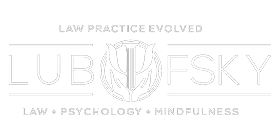Through the cultivation of mindful attention to present-moment experience, we can begin to sense an inner peace grounded in being, apart from our thoughts, learned conditioning and habitual reactions. Initially this discovery of inner peace unconnected to external stimuli can feel extraordinarily liberating to those who have been mired in self-judgement, critical thought, delusion, craving, and other diversions from grounded experience, perhaps for decades.
At some point, however, this new-found liberation which, at its essence gives rise to compassion borne of a grounded connection to all of life, must be carried forth to the external world. This felt connection to all of life must be manifested through a action in order to be sustained and grow over time.
Thus, in Buddhist teachings, Right Action is considered the fourth precept of the Eightfold Path toward enlightenment, springing from compassion and embodying principles including Right Intention, Right Speech, and Right Action. These principles are of particular import in the context of legal disputes and interpersonal conflict.
In a mindful law practice, the holistic lawyer works with the client at the outset of the attorney-client relationship to cultivate the necessary compassion before the client charts a decisive course of action moving forward. In the absence of this compassion, a client is highly likely to manifest an approach to conflict that embodies habitual reactions tied to years of learned conditioning (i.e., ego).
To learn more about the integration of mindfulness in law practice, call Holistic Lawyer Michael Lubofsky at (415) 508-6263, or visit http://www.MINDFULAW.com.
